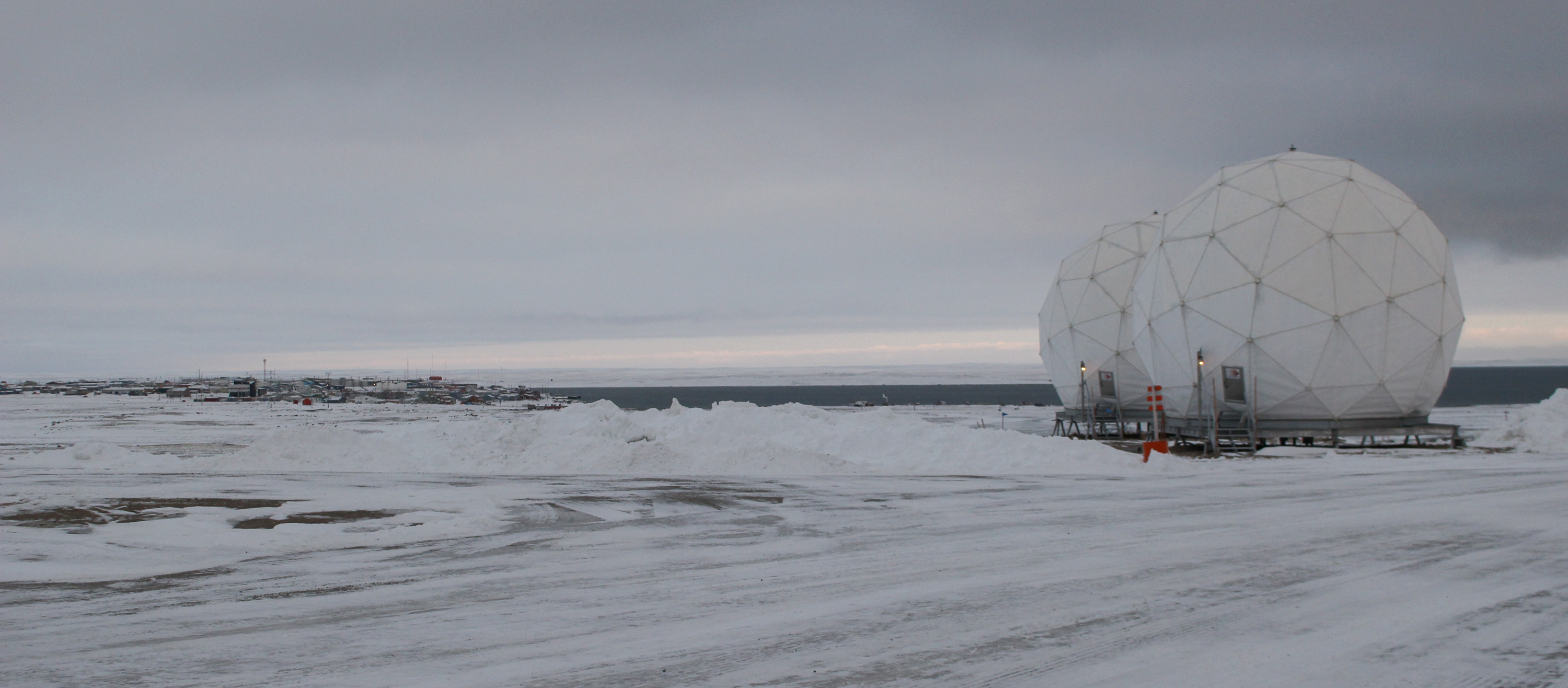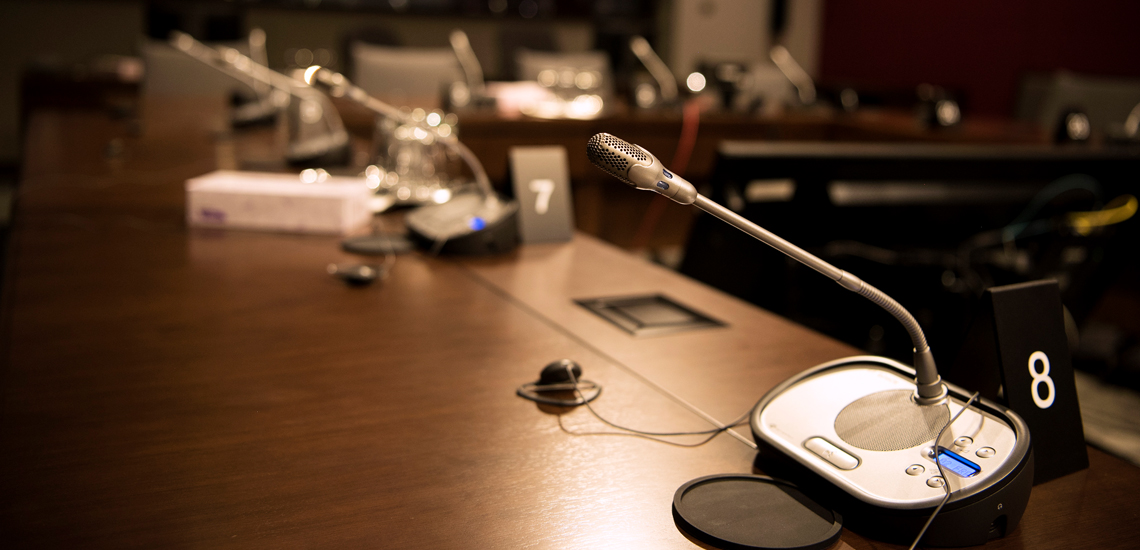Senators study peacekeeping challenges at UN Headquarters
New York – Last week, members of the Senate Committee on National Security and Defence visited the United Nations Headquarters in New York to learn firsthand about the challenges that will be faced if the government deploys hundreds of Canadians on a UN mission to Africa.
Senators held high-level meetings with senior military advisors, diplomats and experts on the state of peacekeeping missions as they sought to better understand the complexity and challenges of the missions, especially in places like Africa, where the largest UN peacekeeping missions are taking place.
UN missions, like the one in Mali, are seeking Canadian military capabilities including helicopters which will be required to operate in severe weather, as well as communications expertise, field hospitals and medical support teams to protect civilians, control arms shipments and maintain stability.
Members of the committee heard that peacekeepers must adapt to difficult and highly-complex operating environments, and work alongside troops who are frequently ill-equipped and under-resourced. They were told that modern peacekeeping requires investments in governance, and capacity building.
Members of the committee also heard about the contributions women can make in the peace processes. The UN Security Council has recognized that promoting women’s rights is essential to sustaining peace and security, and UN experts have noted that women play leading roles in political participation, conflict resolution and the transition from conflict to peace.
Committee chair Senator Daniel Lang, deputy chair Senator Mobina Jaffer and Senators Claude Carignan, Colin Kenny, Don Meredith and Vern White took part in the fact-finding mission.
Quick Facts
- 122 Canadians have lost their lives participating in United Nations peacekeeping missions since 1949.
- Canada contributes over $1 billion annually to the United Nations and its agencies.
- Canada is chair of the Working Group of the United Nations Special Committee on Peacekeeping Operations, which meets annually to review and report on peace operations.
- In 2015 a UN report called for fundamental shifts in peacekeeping practices, including the need to tailor UN missions to specific contexts, strengthen partnerships with regional actors and place a renewed focus on protecting civilians.
Quotes
“Today’s UN peace support missions are more complex and more dangerous than ever, often with no peace in sight and when hostile enemies are not clearly identified. These missions are being carried out at a time when the effectiveness of the UN peacekeeping system is under review. At the end, members came away with a better understanding of the dangers and complexity that a UN mission will entail.”
- Senator Daniel Lang, Chair of the committee.
“Throughout our visit we heard from government and UN officials about the valuable contributions which are being made as part of UN peace support operation. We also heard from NGOs about the role of women and steps being taken to implement UN resolution 1325.”
- Senator Mobina Jaffer, Deputy Chair of the committee.
Associated Links
- Read the UN’s comprehensive review of peacekeeping operations
- Read more about the Defence Policy Review.
- The Senate of Canada is on Twitter and Facebook. Follow the committee using the hashtag #SECD.
- SenCAPlus – Your destination for cyber second thought.
For more information, please contact:
Office of Senator Daniel Lang, Chair
(613) 947-6234
daniel.lang@sen.parl.gc.ca
Office of Senator Mobina Jaffer, Deputy Chair
(613) 992-0189
mobina.jaffer@sen.parl.gc.ca





